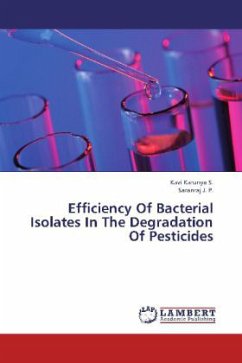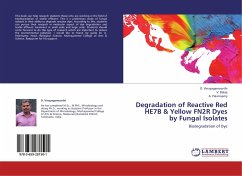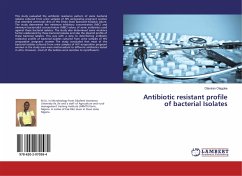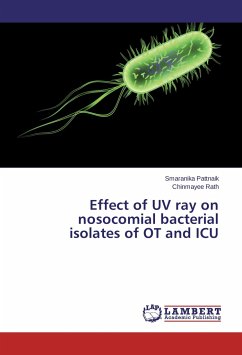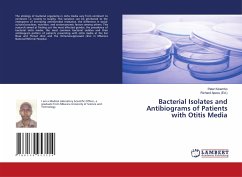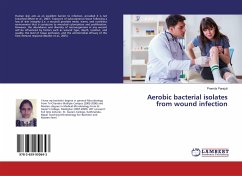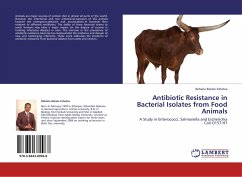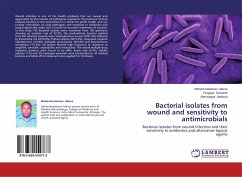The soil sample was collected from the paddy field of Annamalai Nagar which is having a history of repeated pesticide applications. The isolation of pesticide degrading bacteria was carried out and the isolated bacterial isolates were identified as Pseudomonas fluorescens, Bacillus subtilis and Klebsiella sp. The growth of the three pesticide degrading isolates was assessed in Minimal salt broth containing 50ppm of pesticides. Four different pesticides viz., Chlorpyrifos, Monocrotophos, Malathion and Parathion were used in this study. Among the three bacterial isolates, the bacteria Klebsiella sp. utilized the pesticides effectively and showed maximum growth. The maximum growth rate of bacteria was recorded at 35°C and pH 6. The growth of bacteria was maximum in the presence of Dextrose followed by Fructose, Lactose and Galactose. The least growth was recorded in Mannose. The growth of bacteria was maximum in the presence of Malt extract followed by Peptone, Yeast extract and Casein. The least growth was recorded in Beef extract. The bacterial isolates showed maximum growth in the Minimal salt broth containing Chlorpyrifos followed by Monocrotophos, Parathion and Malathion.
Bitte wählen Sie Ihr Anliegen aus.
Rechnungen
Retourenschein anfordern
Bestellstatus
Storno

